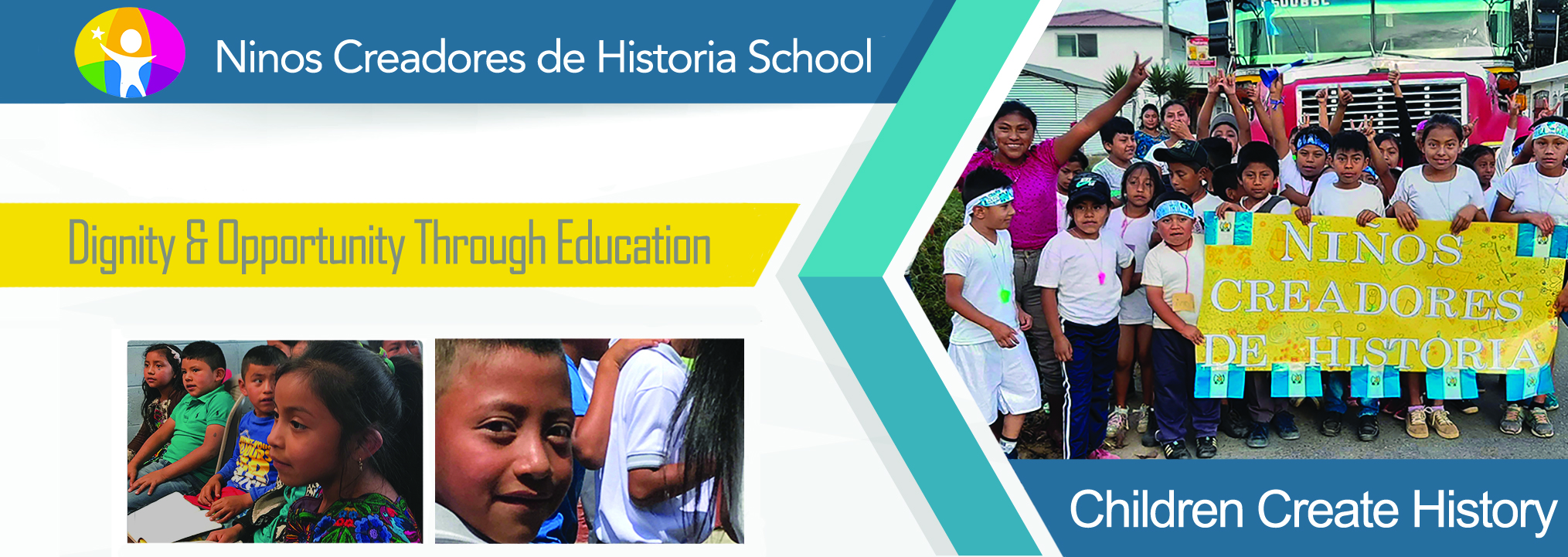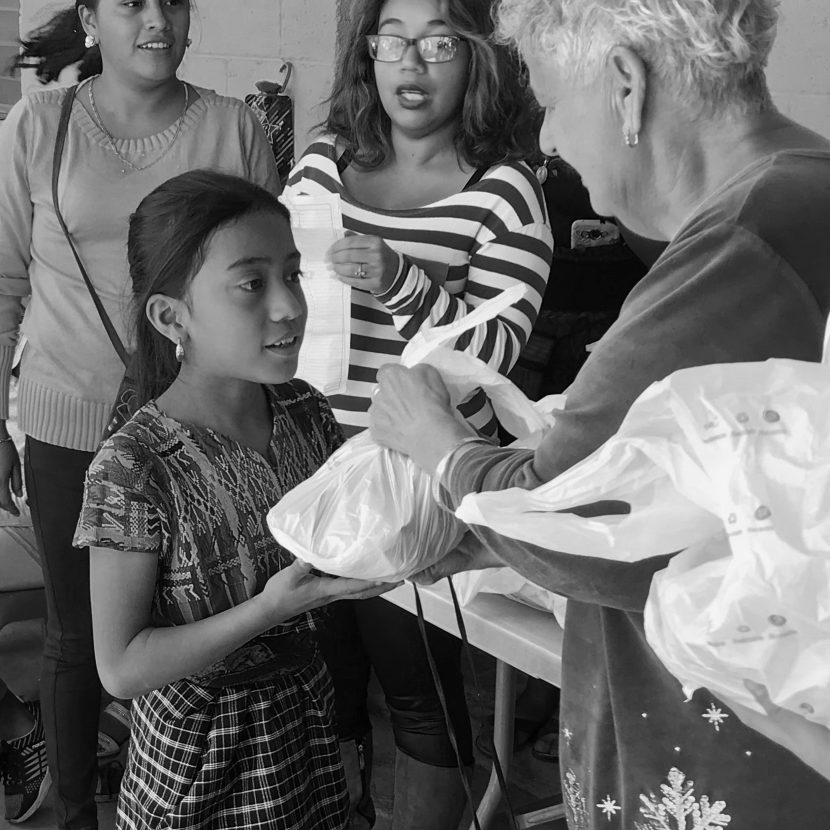Niños Creadores de Historia – Children Create History
Spanish culture and the Spanish language have always intrigued me. As an Episcopal Deacon in the Diocese of California, I served with a family from Guatemala who invited me to go with them to visit their homeland.
I wasn’t there long before I heard the Holy Spirit telling me there was work for me to do in Guatemala. I observed firsthand the many challenges indigenous children deal with daily, one of them being the lack of adequate public schooling. With the support of the community, we began Niños Creadores de Historia, an alternative school for at-risk students.
Our school when we moved into it was nothing more than a shell of a building. We added electricity and running water. Additionally, we installed a small basic kitchen used to prepare lunches for our students.
Based on our experience with children in different grade levels we concluded that academic and nutritional intervention is most effective with first graders. In Guatemala public schools, classes have an average of 45 students with one teacher; consequently, teachers simply have no time to provide struggling students with any individual instruction.
The school year in Guatemala starts in January and ends in October. Schools have two class sessions each day, morning and afternoon. Students attend one or the other. They come to Niños Creadores de Historia for the half of the day they are not attending public school.
San Andrés Itzapa is an economically-challenged community. It is a village amid change with few resources. The school is located in one of the most disadvantaged neighborhoods of San André Itzapa. Many local parents struggle to simply provide food for their children.
Because proper nutrition plays a critical role in a young child’s development and learning, all Niños Creadores de Historia students receive a free nutritious lunch every school day.
Our students need all the tools they can muster as they grow up in a country with vast unemployment and discrimination towards indigenous people. Our students develop self-confidence and self-esteem as they learn. Every day our instructors and staff challenge them to be their best.
With your support and God’s help, we can continue our mission to help prepare these young children, our students, for the future that awaits them.


